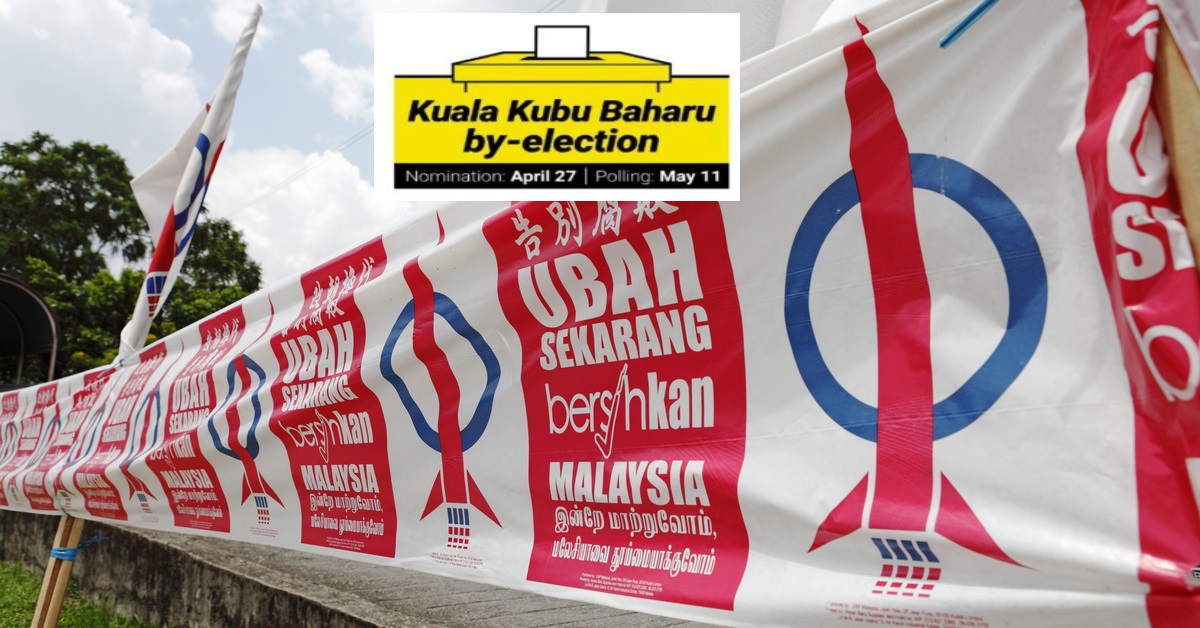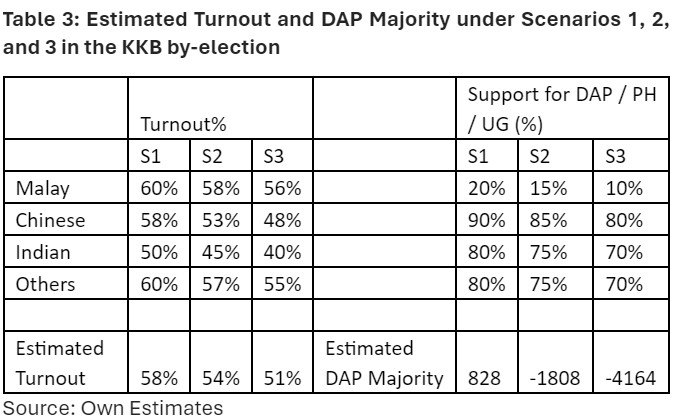
DAP Selangor treasurer Dr Ong Kian Ming has predicted a pessimistic outcome for the party at the upcoming Kuala Kubu Baharu (KKB) by-election, alluding to a very close fight “with a margin of less than 1,000 votes” if the incumbent party were to retain the state seat within the Hulu Selangor parliamentary constituency.
The paltry vote count estimate for the May 11 by-election casts a pale shadow from the 4,119 winning majority polled by the late Lee Kee Hiong in the 2023 state elections.
“The political environment does not favour PH (Pakatan Harapan) at the moment but with a well-coordinated campaign strategy and messaging, DAP may just pass this test by a small margin,” the former Bnagi MP pointed out in a media statement.
“Although I have argued in my podcast that DAP is not in danger of turning into an MCA 2.0 anytime soon, the general sentiment among non-Malay voters seems to be moving towards this direction.”

These factors, according to Ong, could result in a poor turnout among non-Malay voters especially given its outcome will have no bearing on the stability of the Selangor state government.
“There is also the possibility that some of the campaigns to ask Indian voters to “boycott” this by-election may gain traction,” cautioned the former international trade and industry deputy minister.
“Some non-Malay voters may even cast their votes in favour of a PN (Perikatan Nasional) candidate as a protest vote against the DAP and the unity government, although this number is likely to be small, at least for this by-election.”
Ong who stayed out of both the 15th General Election (GE15) and 2023 six states election on Aug 12 last year expects DAP and its allies to be campaigning on two fronts at the KKB by-election – to minimise the protest vote and the decrease in turn-out among non-Malay voters.

“With an overall turnout of 58% – a Malay support of 20%, a Chinese support (90%), an Indian support (80%) (Scenario 1) – DAP will be able to win this seat with an estimated majority of less than 1,000 votes,” envisaged Ong in a three-scenario analysis.
But if the turnout of the Chinese voters drops further to just above 50% and that of Indian voters declined to 45% along with a dip of Malay support to just 15% while that of Chinese at 85% and Indian at 75% (Scenario 2), DAP will lose this seat by almost 2,000 votes.
In the worst-case scenario (Scenario 3) where the turnout of the Chinese and Indian voters drops to below 50% while the Chinese and Indian support declines to 80% and 70% respectively, DAP may end up losing this seat with more than 4,000 votes.
“The last scenario is not likely but not impossible depending on the effectiveness of the campaign by the DAP/PH/unity government and also on the part of PN,” added Ong who is now the Taylor’s Education Group’s director (philosophy, politics and economics programme) at its School of Law and Governance. – Focus Malaysia


No comments:
Post a Comment
Note: Only a member of this blog may post a comment.